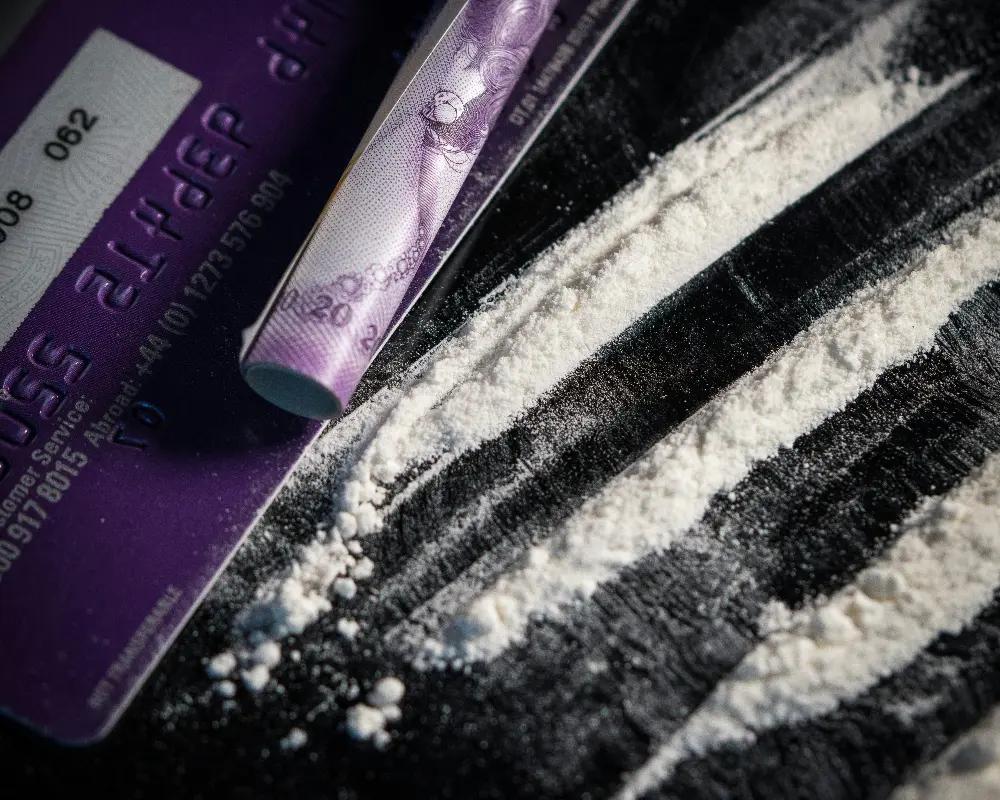M.Sc. et B. Radek German
Dry February, the texts, articles, lines, words, letters that we read and see about this phenomenon often look something like this:
The traditions of "Dry February" and similar events that limit alcohol consumption for a month may have more than symbolic meaning. A new WHO study in the New England Journal of Medicine confirmed that the less alcohol an individual drinks, the lower the effects on his health. The research summarized several dozens of high-quality studies and showed that reducing alcohol consumption is associated with a lower risk of oral cavity, esophageal, breast, larynx, colon and other cancers. There is insufficient evidence for a reduction in the risk of liver and throat cancer.
The study confirmed that a key factor in the development of cancer is acetaldehyde, which is produced by the breakdown of alcohol. Less alcohol consumption reduces exposure to this toxic substance. Recent research has also suggested that short-term alcohol withdrawal has positive effects on concentration, sleep, cholesterol, blood pressure, weight and liver fat.
These texts, which support education in this phenomenon, speak clearly, the less an individual drinks, the smaller the risk of more serious consequences. The consequences of mainly somatic problems that the individual will feel on his body, painful, unpleasant, bothersome. How surprising or revealing one would like to point out with a small dose of irony. What if we looked at this phenomenon through a different professional lens that can occur in therapy rooms.
"And are you staying dry February?" "I am, and I'm staying, so I don't have problems with alcohol" .
This is what one of the typical interviews looks like before, during or after February.
February, the shortest of the months, or rather one extra day this year, 29 days, which many call "dry," not only because of bad weather, but also because of a popular trend - alcohol abstinence. The phenomenon, known as "Dry February", has gained popularity over the past decade as more and more people decide to give their bodies a break from alcohol after the holiday, Christmas season of celebration and merriment.
It seems like a reasonable decision - imagine improved health, better sleep, a better sex life, and maybe even weight loss within a month, and most importantly, confirmation that I'm not an alcoholic or have a drinking problem. What if we look at it differently, more deeply, from another perspective, the question can be posed like this: Is this period of alcohol abstinence paradoxically less effective than we might think, if we ignore the physical dependence?It must be said that it is important to understand, as already mentioned at the beginning of the article, that alcohol abstinence has its undeniable benefits. It can lead to improved physical health by reducing the burden on the liver, promoting better sleep and improving, for example, the overall condition of the skin and the somatic condition as a whole. Mentally, this month can have a potential positive effect on emotional stability and mental health. The idea that abstinence from alcohol does not automatically mean an improvement in overall health is confirmed to us very often in doctor's offices or therapy rooms, even though it may not seem so clear to us at first glance. Of course, in the best cases, we will figure it out together with the client, in the worst case, the client will not arrive for treatment or therapy and will not realize this fact.
The primary issue of motivation and access to alcohol, which is visible from the "Dry February" phenomenon, may play a key role. For some people, dry February can simply be a form of self-discipline and a test of will, especially factors that are demonstrably no longer welcomed with such open arms in the treatment of addictive behavior as it was in Jaroslav Skála's time. Although they have their place in a certain part of the treatment, they can seriously distort the current state of the individual and, thanks to the will or discipline, the individual does not see the problem of addictive, harmful or risky use so clearly. And without a real understanding and interest in long-term improvement, there is a risk that people may say they are "free" since February and sink back into previous habits, often to a greater extent than before February. This month thus becomes rather a strengthening and supporting element in alcohol intoxication.
Another important factor is that every individual is different, and what works for one may not necessarily work for another. Some people may have a positive experience with alcohol abstinence, while others may find it more of a burden and may feel limited in their ability to thrive in life. However, to achieve lasting change and real health improvement, it is essential to approach the issue of alcohol with a realistic and sustainable approach that reflects the individual needs of each individual.
Then it is up to us if we approach one dry month a year thinking that everything is fine, like our somatic, psychological health or social, family and closest relationships. And do we accept the opinion of some leading experts who see, for example, in one glass of red wine a day an opportunity to improve health, especially in the area of the cardiovascular system. How about recommending beer as a great source of vitamins? These expert recommendations create a dangerous prospect.
As mentioned, alcohol as one of the main carcinogens is progressive, and its effects are far more serious than the effects that we might take as improving and promoting health. Taken in a wider context, it is up to us if we adopt this "healthy" strategy, and consume a small amount of alcohol at a constant time, which we justify by improving our health in the belief that we will ensure better cardiovascular functions. In these cases of decision, we will practically and effectively choose not to see, for example, the potential effects on the liver that are inextricably linked to the consumption of alcohol.
In conclusion, it is necessary to add, one of the basic recommendations of the WHO, which summarizes, contains and advises everything necessary, which publishes more than dozens of studies or articles, that recommendation is that "there is no safe level of alcohol consumption".
BE IN THE IMAGE
Information, articles and news
Do you need help?
You can send us a message or call us every day from 8 a.m. to 8 p.m. +420 770 143 385
This website is using cookies
You can either allow them all with the "I agree to all" button below, refuse or set the "Detailed settings" in detail. You can also change the selection later. More information about cookies in the Cookie Policy .




